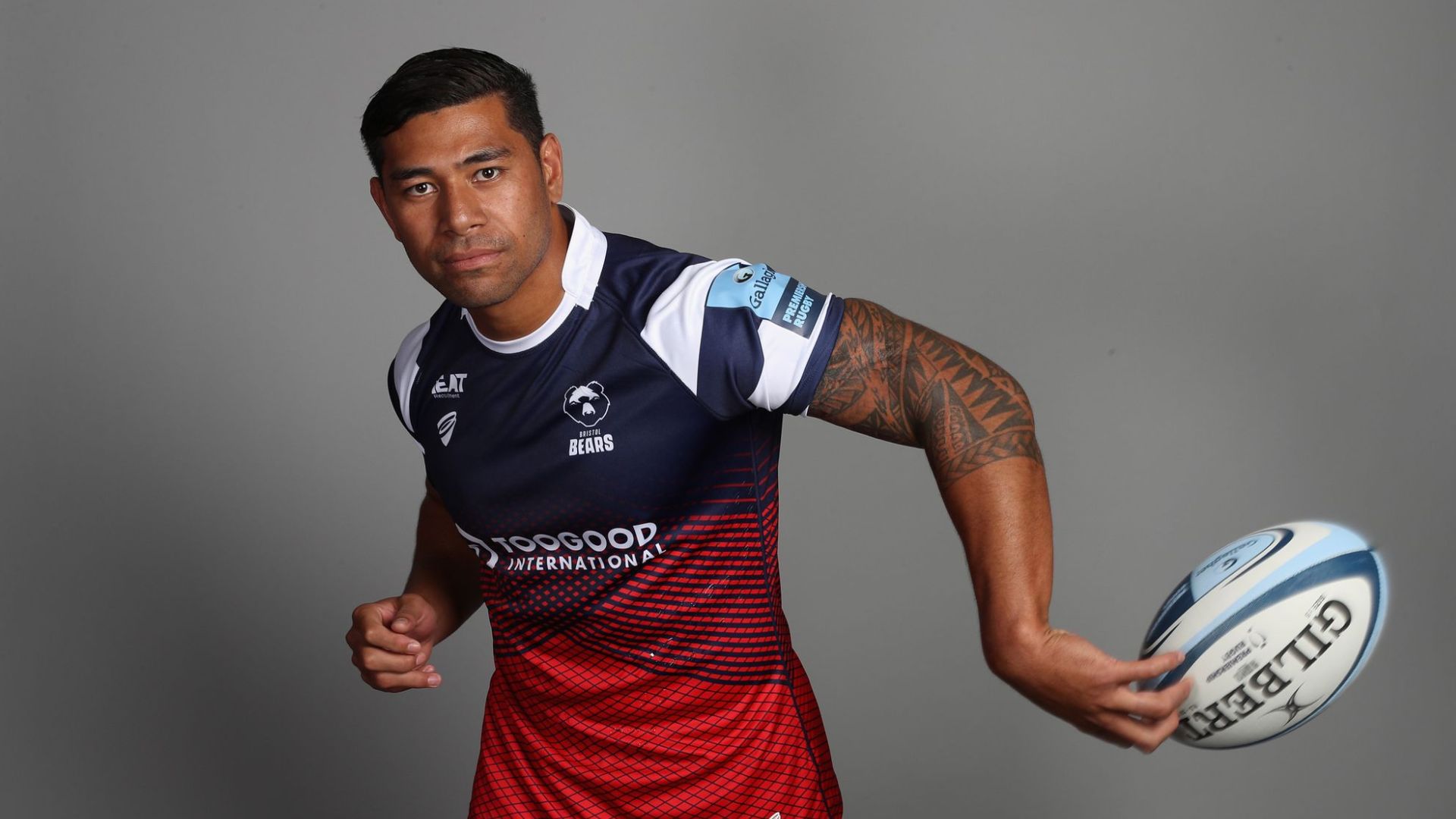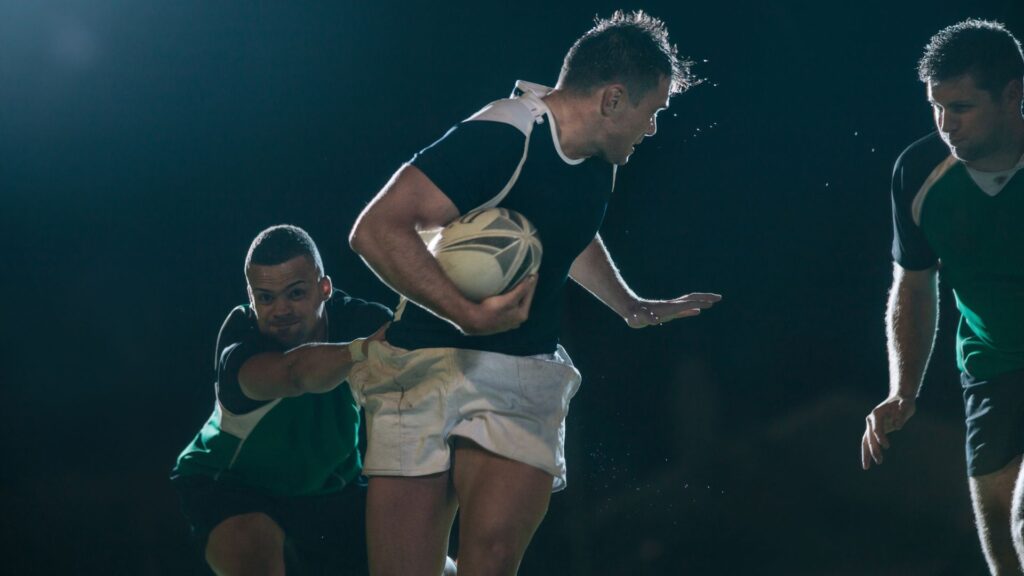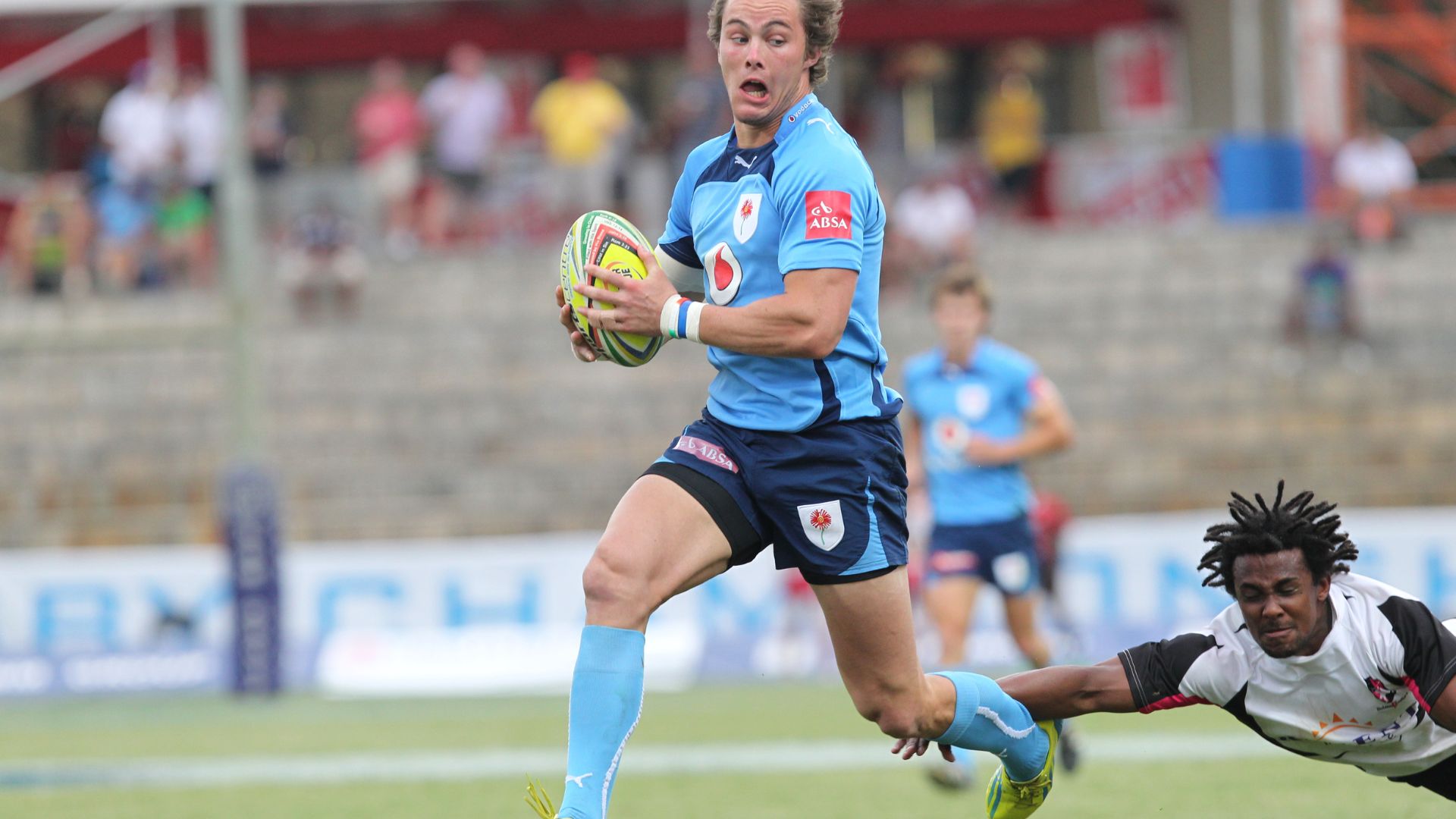Would you like to become a professional rugby player? You’re in the right place.
Let’s dig deep about what it takes to be successful in this difficult and exciting sport.
Introduction to Professional Rugby
Professional rugby is a way of life, not just a ordinary sport.
You must be very committed, diligent, and really love the sport.
Rugby legends such as Jonny Wilkinson and Dan Carter did not just materialize out of thin air.
Year after year, day by day, they work hard.
And you will also have to do that.

Developing Essential Rugby Skills
Rugby skills are the foundation of your career.
It’s imperative to grasp the principles of passing, tackling, kicking, and placement.
But it’s more than just strength of body.
The mental tenacity that sportsmen like Richie McCaw are known for this.
Here’s what you should be aware of:
- Perfecting your passing technique
- Improving your tackling accuracy and power
- Developing your kicking game
- Understanding and executing different rugby positions
Practice these skills relentlessly.
Make them second nature.
Building Physical Fitness and Strength
Rugby is a physically and mentally demanding sport.
You need to be in top shape in order to compete at the highest level.
That means a solid rugby fitness and strength conditioning program.
Here’s what your training should include:
- Cardiovascular endurance work
- Strength training focused on rugby-specific movements
- Flexibility, mobility and agility exercises
- High-intensity interval training (HIIT)
Remember, nutrition is key too.
Fuel your body right to support your training and recovery.
Understanding Rugby Tactics and Strategy

To play professional rugby, you need to think like a pro.
Study the game.
Understand different tactics and strategies.
Watch how teams like the All Blacks execute their plays at Eden Park.
Take advice from the top players and coaches.
Examine matches, study rugby literature, and become well-versed in the tactical aspects of the game.
Joining Rugby Clubs and Academies
Getting involved with a good rugby club or academy is crucial.
They provide structure, coaching, and opportunities to showcase your skills.
Look for clubs affiliated with professional teams or national rugby unions.
There are two outstanding development programs:
- The New Zealand Rugby Union (NZRU) in New Zealand
- The Rugby Football Union (RFU) in England
You’ll be on the correct path if you take part in activities and put in a lot of effort.
Participating in School and University Rugby Programs
School and university rugby can be a springboard to a professional career.
Many top players, like Owen Farrell, came through these systems.
Compete at the highest level you can.
Aim for prestigious tournaments and championships.
Standout performances here can catch the eye of scouts and coaches.
Remember, becoming a professional rugby player is a journey.
You should require a lot of time, effort, and energy.
However, you can succeed in the sport if you’re prepared to work hard and have a strong drive and commitment to succeed in this field.
Gaining Recognition via Participation in Regional and Local Contests
Local and regional competitions are your stage to shine. These tournaments are where scouts often spot emerging talent.
Prime examples are national team competitions like the Six Nations Championship and club competitions like the Premiership Rugby.
• Take part in as many elite contests as you can
• Aim to stand out with consistent, impressive performances
• Build a reputation for reliability and teamwork
Remember, it’s not always about one standout game. It’s about proving yourself each and every time you are in the field.
Pursuing Rugby Scholarships and Educational Opportunities
Scholarships for rugby can be a fantastic way to advance your studies while honing your game. These chances are available at many universities, particularly in rugby-playing nations.
• Research universities with strong rugby programs
• Maintain good academic grades alongside your rugby performance
• Prepare a rugby CV highlighting your achievements and skills
A scholarship can provide excellent coaching, facilities, and exposure to high-level competition.
Networking and Connecting with Rugby Scouts and Agents

In the world of professional rugby, connections can be just as valuable as knowledge. Creating a network can lead to new possibilities.
• Attend rugby events and clinics
• Connect with coaches, players, and administrators on professional networking platforms
• Consider getting a reputable agent to represent you
Remember, professionalism extends beyond the field. Always present yourself well and maintain a positive reputation.
Securing Professional Contracts and Advancing Your Career
Securing your first professional contract is a major milestone. It might start with a academy contract or a semi-professional deal.
- Be prepared to start small and work your way up
- Understand the terms of your contract thoroughly
- Establish advancement objectives, such as joining a premier team or competing in the Rugby World Cup.
It takes time for athletes like Siya Kolisi to become the Springboks captain. Years of arduous labor and gradual advancement were required.
Maintaining Longevity and Optimal Performance in Professional Rugby
The difficult part of becoming a professional is staying there and never stopping yourself from getting better.
- Focus on injury prevention and proper recovery
- Continuously work on your skills and physical condition
- Stay updated with the latest rugby tactics and training methods
- Take care of your mental health – the pressure can be intense
Look at players like Dan Carter who had long, successful careers. They never stopped working on their game.
Recall that playing rugby professionally is just the start.
To stay at the top, one must be persistent, dedicated, and consistent.
But if you have the right attitude, tenacity, and commitment, you may excel in this incredible sport and have a rewarding career that can help you leave your mark.
Hold onto your dreams of playing in the Rugby Championship, on the British and Irish Lions Tour, or at Twickenham Stadium. Never give up.
The rugby world is looking forward to the next generation of gifted players.